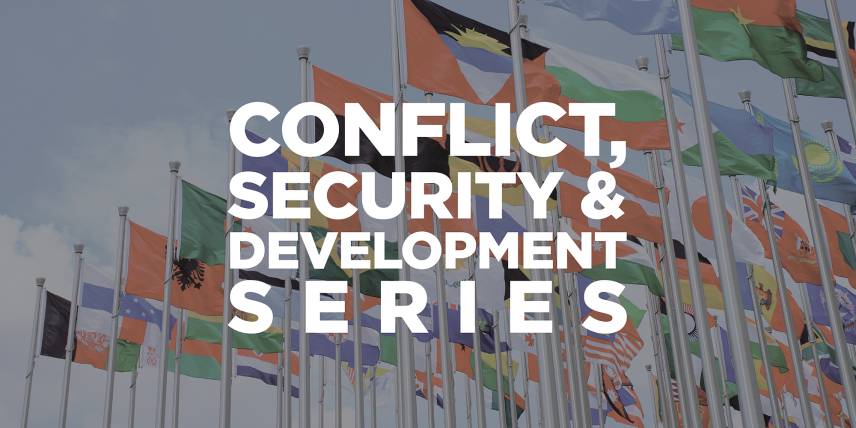Activating Young Peacebuilders in the Kurdistan Region of Iraq through University Partnership
This series is co-presented by the Center for Human Rights and Global Justice at NYU School of Law, the Center for Global Affairs at NYU's School for Professional Studies, the Program in International Relations at NYU's GSAS, the Robert L. Bernstein Institute for Human Rights, and the Office of International Programs at NYU Wagner.
Date:
September 11, 2018Time:
12:30pm - 1:30pmLocation:
Audience:
General PublicKaterina Siira, Research Scientist & Project Director at NYU SPS's Peace Research and Education Program (PREP) at the Center for Global Affairs, will discuss PREP’s approach to working with the University of Duhok in Kurdish Region of Iraq (KRI) and their latest joint project to strengthen youth capacity in peacebuilding in three communities.
NYU Wagner provides reasonable accommodations to people with disabilities.
Requests for accommodations for events and services should be submitted at least two weeks before the date of the accommodation need.
Please email ha937@nyu.edu or call 212.998.7400 for assistance.
If you prefer to opt out of using our reservation system, please email the above address to RSVP for the event.
